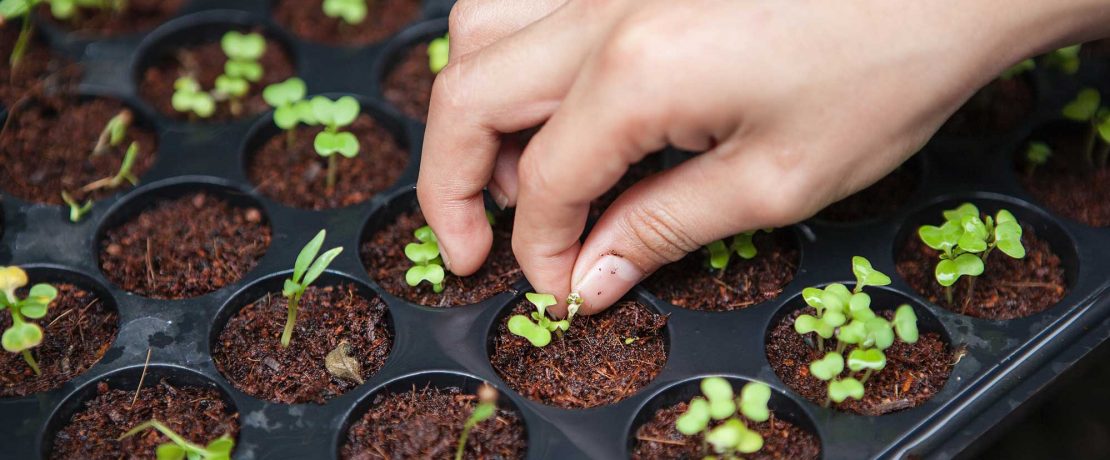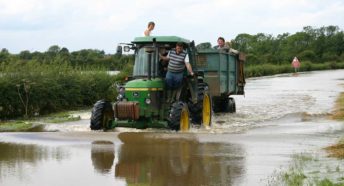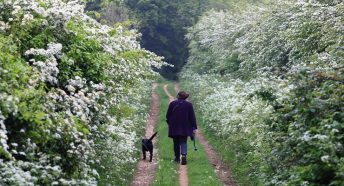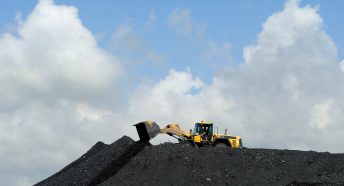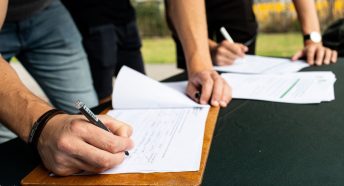As Boris Johnson announces a new deal, we call for greater green ambition and share our vision for building back better
CPRE today sets out our vision to regenerate the countryside and ourselves – and says the government’s plans make a mockery of its ‘so-called green recovery’.
The PM’s ‘new deal’ speech came just a day before CPRE, the countryside charity, launches our own detailed ‘manifesto’ for a green recovery that can support the regeneration of the economy, our wellbeing and the environment. This vision urges the government to use this post-coronavirus moment as an opportunity for real change, laying out recommendations for ways to stimulate the economy while making life greener and more resilient for the countryside and its communities.
Amongst other key proposals, Regenerate our countryside, regenerate ourselves: A manifesto for a resilient countryside after coronavirus emphasises that our Green Belts, the countryside next door for 30 million people, and other countryside around large towns and cities, should see funding significantly increased to make sure they’re used better for people and to help mitigate climate breakdown. It also presses for the support of greener farming techniques that could make our food supply more resilient.
The recommendations in the CPRE manifesto, with their emphasis on sustainable, community-led development and progress, are starkly at odds with Boris Johnson’s proposed approach. Tom Fyans, our campaigns and policy director, said:
‘With road building at its heart, the PM’s “new deal” makes a mockery of the government’s so-called green recovery. At this historic moment, the government must show real ambition and build back better, not worse, and in doing so balance our health and wellbeing, nature and countryside and the economic recovery.’
A greener future – for everyone
The CPRE’s manifesto for a regenerated countryside, future and population is being launched with a virtual debate. Leading countryside and political voices including Philip Dunne MP, chair of the Environmental Audit Committee, Mike Amesbury MP, shadow minister for housing and planning and Caroline Lucas MP, former leader of the Green Party, are speaking at the event.
The manifesto calls for steps towards a resilient countryside with thriving rural communities. But, given the regenerative power of green spaces that became so clear during lockdown, we’re stressing the need for the countryside to be open to everyone, whether visiting, living or working there. This is especially pertinent in the light of the deep inequalities around access to the countryside that coronavirus highlighted.
Natural England’s figures show that children from Black, Asian and minority ethnic (BAME) backgrounds are 20% less likely than white children to visit the countryside. That’s why our manifesto includes a call for every child to be guaranteed a night in nature in a National Park or Area of Outstanding Natural Beauty, as recommended in last year’s Landscapes Review by Julian Glover OBE.
Rhiane Fatinikun, founder of Black Girls Hike and a panellist at the launch, spoke to this element of our work. She said:
‘Representing people of all backgrounds in the countryside really matters … For too long I didn’t even think about connecting with nature, as if the countryside wasn’t for me.
‘Black Girls Hike was set up to change this. Creating a safe space with people who share your experiences, is refreshing but also essential for our wellbeing. We’ll continue breaking down the barriers to nature and the countryside in the hope that more black girls and people of all backgrounds follow us into the great outdoors.’
A ‘once in a generation opportunity’
At the event, CPRE president Emma Bridgewater summarised what we feel this historic moment can offer, and what we want to see for a green and inclusive future:
‘We’re calling on the government to seize this once in a generation opportunity to put the countryside and access to green spaces at the heart of the recovery. That means putting the Green Belt ahead of developers’ profit margins, guaranteeing children’s education includes quality time in nature and breaking down the barriers to the countryside for groups previously excluded.
‘But we also need to make sure rural communities don’t bear the brunt of the economic fallout by supporting the rural economy and investing in rural social housing. Only then can the government claim to be learning the lessons of lockdown and building back better.’
